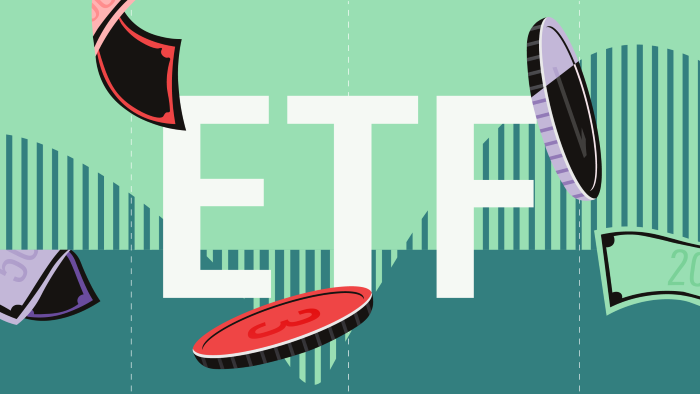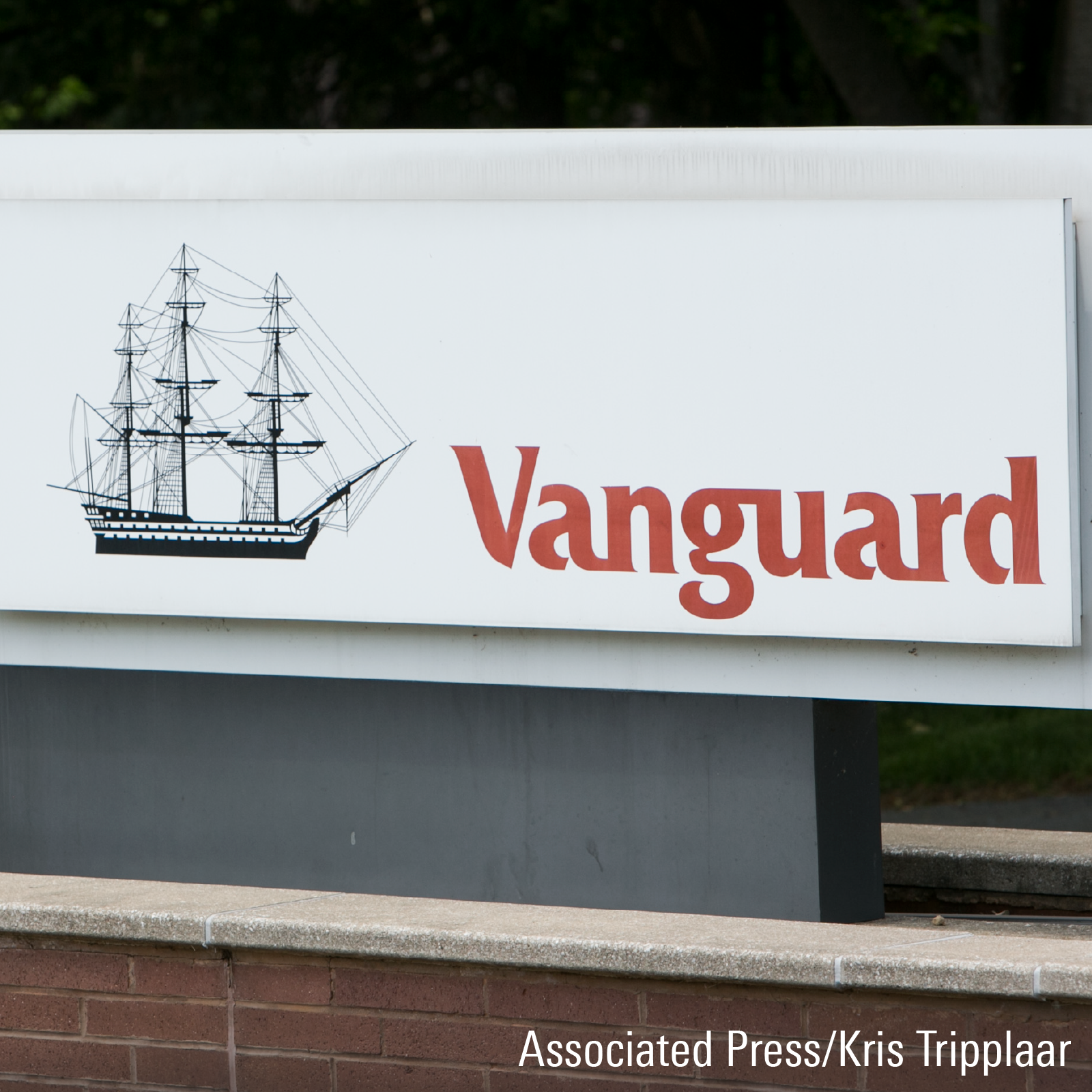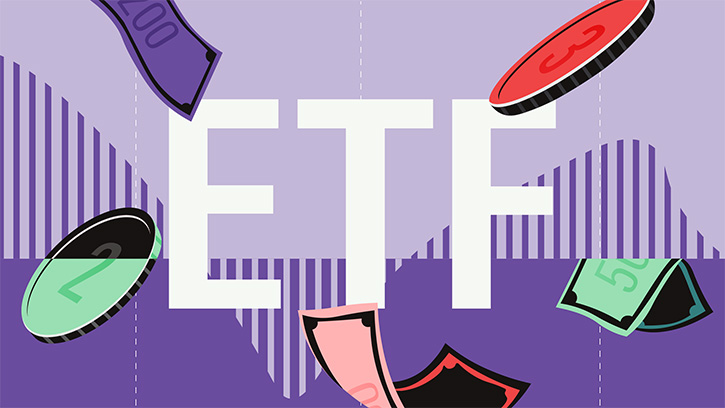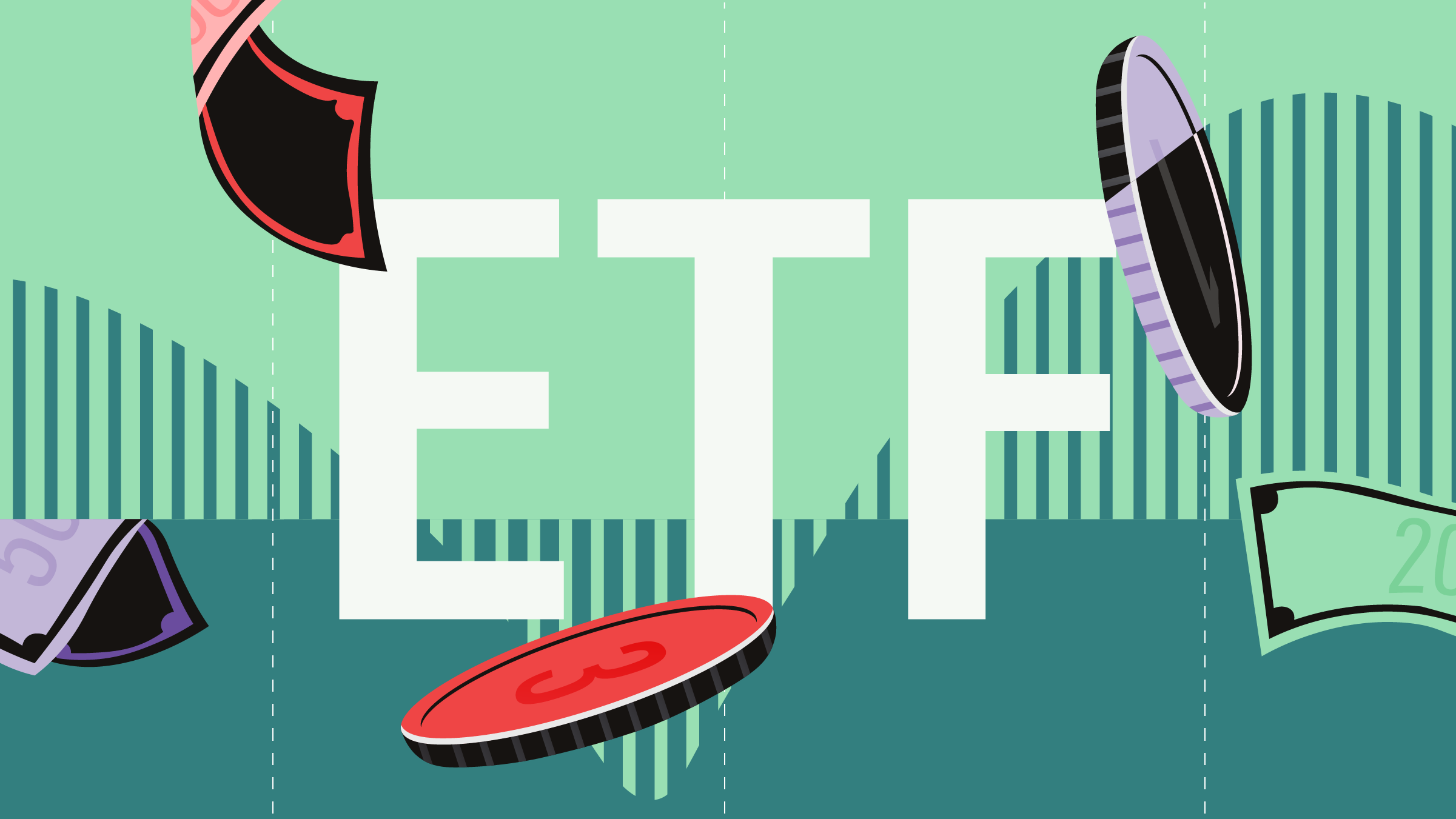Exchange-traded funds, or ETFs, are often low-cost instruments for investors to track popular indexes or leverage experienced manager choices in an attempt to beat the market. The best ones serve as building blocks for a portfolio, and unlike open-end mutual funds, all ETFs are traded throughout the day on an exchange.
In May 2024, the worst performers included Mackenzie China A-Shares CSI 300 Index ETF QCH and Mackenzie Maximum Diversification Emerging Markets Index ETF MEE. Data in this article is sourced from Morningstar Direct.
To read about the best-performing ETFs, check out our other story.
Screening for the Worst-Performing ETFs
To find the month’s worst-performing ETFs, we screened equity, allocation, and fixed income funds that trade within Canada for those that have at least C$10 million in total assets. We narrowed the list to only ETFs with parent pillars for their Morningstar Medalist Ratings of average or above, meaning our analysts believe they're backed by industry-standard asset management companies. We also excluded exchange traded notes, known as ETNs.
The 10 Worst-Performing ETFs for May 2024:
- Mackenzie China A-Shares CSI 300 Index ETF QCH
- Mackenzie Maximum Diversification Emerging Markets Index ETF MEE
- Global X Pipelines & Energy Services Index ETF PPLN
- iShares MSCI Min Vol Emerging Markets Index ETF XMM
- BMO Ultra Short-Term US Bond ETF ZUS.V
- Desjardins RI Emerging Markets-Net - Zero Emissions Pathway ETF DRME
- BMO Low Volatility Emerging Markets Equity ETF ZLE
- Manulife Multifactor Emerging Markets Index ETF MEME.B
- Franklin Emerging Markets Equity Index ETF FLEM
- iShares Core MSCI Emerging Markets IMI Index ETF XEC
Metrics for the Worst-Performing ETFs
Mackenzie China A-Shares CSI 300 Index ETF
- Morningstar Rating: 4 stars
- Expense Ratio: 0.72%
- Morningstar Category: Greater China Equity
The worst-performing ETF in May was the C$23 million Mackenzie China A-Shares CSI 300 Index ETF, which lost 2.69%. The passively managed Mackenzie ETF underperformed the average 6.47% gain on funds in the Greater China equity category in May. Over the past 12 months, the Mackenzie China A-Shares CSI 300 Index ETF fell 5.74%, placing it in the 87th percentile within its category and dropping less than the 8.82% loss on the average fund.
The Mackenzie China A-Shares CSI 300 Index ETF, launched in February 2018, has a Morningstar Medalist Rating of Gold.
Mackenzie Maximum Diversification Emerging Markets Index ETF
- Morningstar Rating: 4 stars
- Expense Ratio: 0.56%
- Morningstar Category: Emerging Markets Equity
With a 1.52% loss, the C$69 million Mackenzie Maximum Diversification Emerging Markets Index ETF was the second-worst-performing ETF on our list for May. The passively managed Mackenzie ETF underperformed the average 1.45% gain on funds in the emerging markets equity category. Over the past 12 months, the Mackenzie Maximum Diversification Emerging Markets Index ETF gained 12.13%, placing it in the 55th percentile within its category and outperforming the 9.98% return on the average fund.
The Gold-rated Mackenzie Maximum Diversification Emerging Markets Index ETF was launched in January 2017.
Global X Pipelines & Energy Services Index ETF
- Morningstar Rating: 2 stars
- Expense Ratio: 0.74%
- Morningstar Category: Energy Equity
The third-worst-performing ETF in May was the C$30 million Global X Pipelines & Energy Services Index ETF, which fell 0.82%. The Global X ETF, which is actively managed, underperformed the average 1.50% gain on funds in the energy equity category. Over the past 12 months, the ETF rose 19.72% to place in the 90th percentile within its category, outperforming the category's average 1-year return of 17.94%.
The Global X Pipelines & Energy Services Index ETF has a Morningstar Medalist Rating of Bronze. It was launched in July 2014.
iShares MSCI Min Vol Emerging Markets Index ETF
- Morningstar Rating: 3 stars
- Expense Ratio: 0.42%
- Morningstar Category: Emerging Markets Equity
The C$57 million iShares MSCI Min Vol Emerging Markets Index ETF was the fourth-worst-performing ETF in May, with a loss of 0.40%. The passively managed iShares ETF performed worse than the average 1.45% gain on funds in the emerging markets equity category. Over the past year, the ETF gained 5.62% to land in the 86th percentile within its category, underperforming the category's average one-year return of 9.98%.
The Silver-rated iShares MSCI Min Vol Emerging Markets Index ETF was launched in July 2012.
BMO Ultra Short-Term US Bond ETF
- Morningstar Rating: 5 stars
- Expense Ratio: 0.17%
- Morningstar Category: Global Fixed Income
Fifth-worst was the C$66 million BMO Ultra Short-Term US Bond ETF, which lost 0.32% in May. The actively managed BMO ETF declined less than the average 1.57% decline on funds in the global fixed income category. Over the past year, the BMO Ultra Short-Term US Bond ETF rose 7.22%, finishing in the 2nd percentile within its category. It outperformed the category's average one-year return of 0.36%.
The BMO Ultra Short-Term US Bond ETF has a Morningstar Medalist Rating of Neutral. It was launched in February 2019.
Desjardins RI Emerging Markets-Net - Zero Emissions Pathway ETF
- Morningstar Rating: 3 stars
- Expense Ratio: 0.41%
- Morningstar Category: Emerging Markets Equity
The sixth-worst-performing ETF in May was the C$61 million Desjardins RI Emerging Markets-Net - Zero Emissions Pathway ETF, which lost 0.24%. The passively managed DGAM ETF underperformed the average 1.45% gain on funds in the emerging markets equity category. Over the past 12 months, the Desjardins RI Emerging Markets-Net - Zero Emissions Pathway ETF rose 10.48%, placing it in the 69th percentile within its category and roughly in line with the 9.98% return on the average fund.
The Desjardins RI Emerging Markets-Net - Zero Emissions Pathway ETF takes environmental, social, and governance criteria into consideration. This fund has a Morningstar Medalist Rating of Gold.
BMO Low Volatility Emerging Markets Equity ETF
- Morningstar Rating: 2 stars
- Expense Ratio: 0.50%
- Morningstar Category: Emerging Markets Equity
With a 0.16% loss, the C$72 million BMO Low Volatility Emerging Markets Equity ETF was the seventh-worst-performing ETF on our list for May. The actively managed BMO ETF underperformed the average 1.45% gain on funds in the emerging markets equity category. Over the past 12 months, the BMO Low Volatility Emerging Markets Equity ETF gained 9.94%, placing it in the 72nd percentile within its category and putting it roughly in line with the 9.98% return on the average fund.
The BMO Low Volatility Emerging Markets Equity ETF has a Negative Morningstar Medalist Rating, meaning that our analysts expect it to be one of the worst performers within its category and think it is unlikely to deliver positive returns after fees.
Manulife Multifactor Emerging Markets Index ETF
- Morningstar Rating: 4 stars
- Expense Ratio: 0.73%
- Morningstar Category: Emerging Markets Equity
The eighth-worst-performing ETF in May was the C$422 million Manulife Multifactor Emerging Markets Index ETF, which fell 0.13%. The Manulife ETF, which is passively managed, underperformed the average 1.45% gain on funds in the emerging markets equity category. Over the past 12 months, the ETF rose 13.55% to place in the 41st percentile within its category, outperforming the average one-year return of 9.98%.
The Manulife Multifactor Emerging Markets Index ETF, launched in December 2018, has a Morningstar Medalist Rating of Bronze.
Franklin Emerging Markets Equity Index ETF
- Morningstar Rating: 3 stars
- Expense Ratio: 0.34%
- Morningstar Category: Emerging Markets Equity
The C$12 million Franklin Emerging Markets Equity Index ETF was the ninth-worst-performing ETF in May, with a decline of 0.12%. The passively managed Franklin Templeton ETF performed worse than the average 1.45% gain on funds in the emerging markets equity category. Over the past year, the ETF gained 14.52% to land in the 32nd percentile, outperforming the category's average one-year return of 9.98%.
The Franklin Emerging Markets Equity Index ETF has a Morningstar Medalist Rating of Neutral. It was launched in January 2018.
iShares Core MSCI Emerging Markets IMI Index ETF
- Morningstar Rating: 4 stars
- Expense Ratio: 0.28%
- Morningstar Category: Emerging Markets Equity
Tenth-worst was the C$1.6 billion iShares Core MSCI Emerging Markets IMI Index ETF, which lost 0.11% in May. The passively managed iShares ETF underperformed the average 1.45% return on funds in the emerging markets equity category for the month. Over the past year, the iShares Core MSCI Emerging Markets IMI Index ETF rose 13.14%, finishing the 12-month period in the 43rd percentile within the emerging markets equity category. It outperformed the category's average one-year return of 9.98%.
The Bronze-rated iShares Core MSCI Emerging Markets IMI Index ETF was launched in April 2013.
What Are ETFs?
Exchange-traded funds are investments that trade throughout the day on stock exchanges, much like individual stocks. They differ from traditional mutual funds—known as open-end funds—which can only be bought or sold at a single price each day. Historically, ETFs have tracked indexes, but in recent years, more ETFs have been actively managed. ETFs cover a range of asset classes, including stocks, bonds, commodities, and most recently cryptocurrency.
ETFs: More Ideas to Consider
Investors who would like to find more ETF investment ideas can do the following:
- Use the ETF Screener tool to find the best ETFs according to your specific criteria. You can search for funds based on their fees, Morningstar Medalist Ratings, manager tenures, and more.
- Find ideas specific to your needs, or learn more about ETFs, on our ETF Insights page.
- Compare funds and ETFs side by side and easily follow their valuations, ratings, and fees.
This article was generated with the help of automation and reviewed by Morningstar editors.
























